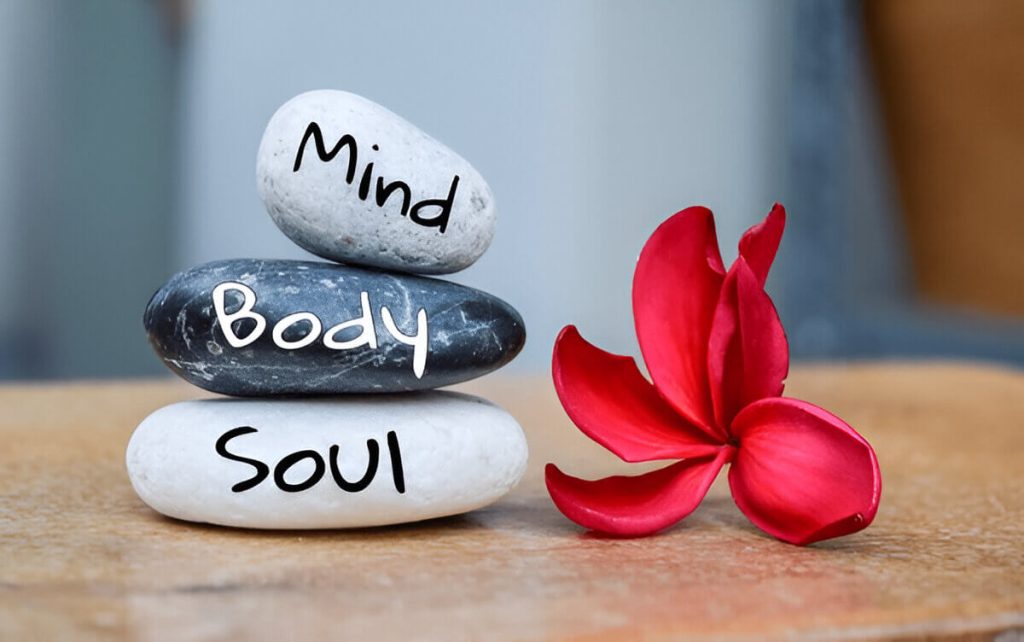For centuries, humanity has pondered the meaning of life, prompting diverse interpretations across philosophy, religion, science, and culture. From existentialism to spirituality and biology to societal values, each offers unique insights into life’s purpose. Exploring these viewpoints also leads us on a personal journey to find fulfillment and happiness as we seek life’s ultimate significance.
Understanding the Quest for Life’s Meaning
The quest for life’s meaning is a timeless philosophical question that has intrigued thinkers for centuries. At its core, this inquiry delves into the purpose of existence, prompting individuals to explore what truly matters in their lives. While some may find answers through religious or spiritual beliefs, others turn to philosophy, science, or personal experiences to seek understanding.
The meaning of life often revolves around finding a sense of purpose that aligns with one’s values and aspirations. This pursuit can lead to profound self-discovery and personal growth as individuals reflect on their contributions to the world and their relationships with others. Life’s big question encourages people to consider how they can live authentically and purposefully in a complex world.
The search for life’s meaning is deeply personal and subjective. It invites each person to contemplate what brings them fulfillment and joy while acknowledging that answers may evolve over time as they navigate different stages of life.
The Philosophical Perspectives on the Meaning of Life
The quest for the meaning of life has been a central theme in philosophy for centuries, with various schools of thought offering distinct perspectives. Among these, existentialism, nihilism, and absurdism stand out as significant theories that delve into life’s purpose—or lack thereof.
Existentialism posits that life’s meaning is not predetermined but rather something each individual must create for themselves. Prominent existentialists like Jean-Paul Sartre and Søren Kierkegaard emphasize personal responsibility and freedom, suggesting that through choices and actions, individuals can define their own existence.
In stark contrast, nihilism argues that life is inherently meaningless. This perspective suggests that any search for purpose is futile because nothing holds intrinsic value or significance. Friedrich Nietzsche’s exploration of nihilism highlights the potential despair this realization might bring but also suggests an opportunity to construct new values in the absence of preordained ones.
Absurdism, closely related to both existentialism and nihilism, grapples with the conflict between humans’ desire to find inherent meaning in life and the indifferent universe’s silence on such matters. Albert Camus famously illustrated this through his concept of “the absurd,” proposing that while life may seem devoid of meaning, individuals can still find personal significance by embracing the absurd condition and living with passion.
These philosophical theories provide diverse lenses through which we can examine our existence. While they offer no definitive answers about life’s ultimate purpose, they encourage profound reflection on how we choose to live our lives amidst uncertainty.
The Role of Religion and Spirituality in Defining Life’s Purpose

Religion and spirituality have long been central to humanity’s quest for understanding life’s purpose. Across cultures and centuries, religious perspectives on life’s meaning offer diverse interpretations that guide individuals in their daily lives. Many religions provide a structured framework of beliefs and practices that help adherents find meaning through faith, community, and adherence to spiritual teachings.
Spirituality, often seen as a more personal journey than organized religion, encourages individuals to explore their inner selves and the universe’s mysteries to find purpose. It emphasizes personal growth, self-discovery, and a connection with something greater than oneself. Spirituality can coexist with religious beliefs or stand alone as an independent path toward understanding existence.
Faith plays a crucial role in shaping one’s sense of purpose by offering comfort during challenging times and fostering hope for the future. Whether through religious doctrines or spiritual exploration, faith provides a foundation upon which individuals build their life goals and values.
Both religion and spirituality contribute significantly to defining life’s purpose by offering unique insights into human existence. They encourage introspection, foster community bonds, and inspire actions aligned with one’s core beliefs. In this way, they remain integral elements of the human experience in the ongoing search for meaning.
Science and Its Interpretation of Life’s Meaning
The scientific view on life’s meaning often diverges from philosophical or theological interpretations, focusing instead on observable phenomena and empirical evidence. In biology, the purpose of life is frequently interpreted through the lens of survival and reproduction. From this perspective, life’s meaning is inherently tied to the continuation of genetic material and the perpetuation of species.
An evolutionary perspective on existence further enriches this understanding by suggesting that life’s purpose is shaped by natural selection. Traits that enhance an organism’s ability to survive and reproduce are favored, leading to a gradual adaptation over generations. This process highlights a fundamental drive toward efficiency in utilizing available resources for survival.
While science may not provide an existential answer to life’s ultimate purpose, it offers insights into how life functions and evolves. By examining biological processes and evolutionary mechanisms, we gain a deeper appreciation for the complex intricacies that define living organisms and their interactions with the environment. This scientific inquiry into life’s meaning emphasizes understanding our place in the natural world through evidence-based exploration rather than definitive conclusions about existence itself.
How Different Societies View Life’s Purpose
Cultural interpretations of life’s purpose are as diverse as the societies that hold them. Around the world, cultural beliefs about life’s meaning shape how individuals perceive their roles and responsibilities within their communities. These interpretations are deeply rooted in historical, religious, and philosophical traditions that have been passed down through generations.
In many Eastern cultures, such as those influenced by Buddhism and Hinduism, life’s purpose is often viewed through the lens of spiritual growth and enlightenment. The concept of karma plays a significant role in shaping societal values and purpose, emphasizing actions that lead to spiritual progression across lifetimes.
Conversely, Western societies influenced by Judeo-Christian values may focus on individual achievement and fulfillment within a single lifetime. Here, life’s purpose might be seen in terms of personal success or contributing to society through work or family.
Indigenous cultures frequently offer unique perspectives on existence that emphasize harmony with nature and community well-being over individual pursuits. For example, many Native American tribes view life’s purpose as maintaining balance with the earth and honoring ancestral traditions.
These global perspectives on existence highlight the rich tapestry of human thought regarding why we are here. Understanding these diverse cultural beliefs not only broadens our appreciation for different societal values but also encourages us to reflect on our own views about life’s ultimate purpose.
Finding Your Own Meaning in Life
Embarking on the quest to find personal fulfillment and meaning in life is a deeply individual journey, one that requires introspection and self-discovery. Understanding your unique purpose involves exploring your passions, values, and what truly brings you joy. This process of individual purpose discovery can be transformative, guiding you toward a more fulfilling existence.
It’s essential to recognize that finding happiness and meaning in life is not about adhering to societal expectations or external definitions of success. Instead, it involves tuning into your own aspirations and desires, listening to what resonates with you personally. Whether it’s through career choices, relationships, hobbies, or spiritual practices, each step taken towards understanding yourself better can illuminate the path forward.
As you navigate this journey, remember that personal fulfillment is not a destination but an ongoing process. Life’s challenges and changes may continuously reshape your perception of meaning. Embrace these moments as opportunities for growth and reflection. By remaining open-minded and adaptable, you’ll be better equipped to align your actions with your evolving sense of purpose.
Finding happiness in life comes from living authentically—honoring who you are at your core while pursuing goals that reflect your true self. This pursuit may lead to unexpected places but will undoubtedly enrich your experience with profound satisfaction and contentment.
Embracing Diverse Perspectives to Enrich Your Understanding of Life’s Meaning
In conclusion, embracing diverse perspectives is essential for enriching our understanding of life’s meaning. By opening ourselves to a variety of viewpoints, we gain a more comprehensive and nuanced comprehension of the world around us. Engaging with different cultures, philosophies, and experiences allows us to challenge our assumptions and expand our horizons beyond the confines of our personal experiences.
This approach not only fosters empathy and compassion but also encourages critical thinking and adaptability. When we actively seek out diverse perspectives, we are better equipped to navigate the complexities of life with an open mind and a willingness to learn.
Moreover, embracing diversity in thought can lead to innovative solutions to problems by combining ideas from multiple disciplines or cultural backgrounds. It is through this synthesis that new insights emerge, offering fresh interpretations of what it means to live a meaningful life.
By valuing and integrating diverse perspectives into our understanding of life’s purpose, we cultivate a richer tapestry of knowledge that enhances both personal growth and collective wisdom.




